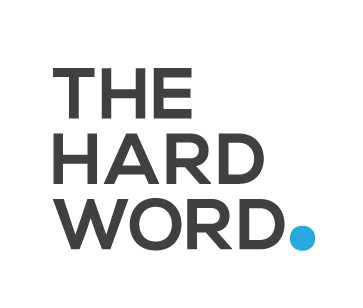Work sample: UNSW series of business features for BUSINESSTHINK
The latest research from leading academics at UNSW Business School, one of Australia’s most fiercely respected business schools, is presented for professional but typically non-academic audiences via the online publication called BUSINESSTHINK.
UNSW has commissioned THE HARD WORD, over many years, to work with its professors to turn their highly academic research reports into stories that are easily digestible by a general business readership.
Here are just a few examples of such stories, written by THE HARD WORD.
Why it makes sense for firms to care for the carers
In 2007, a study conducted by Carers Australia, Australian Unity and Deakin University analysed the health and wellbeing of people who had a responsibility to care for another person.
The study identified that carers had "the lowest collective wellbeing of any group we have yet discovered". It also revealed that carers generally experienced depression.
Today, these findings are even more relevant as Australia's population ages and more employed adults find themselves in a non-work, caring role.
How to measure wellbeing at work and why it matters
Employee wellbeing has always been high on the list of manager priorities. However, as its accurate measurement has been so difficult, specific and focused solutions have been just as tough to develop in order to identify and combat negative wellbeing issues.
It's a serious problem. Consider these figures from the Wellbeing and Resilience Centre within the South Australian Health and Medical Research Institute (SAHMRI):
Mental illness in all its shapes and forms, including workplace stress and anxiety, collectively cost the Australian economy $190 billion annually, equal to 12% of GDP. It causes the loss of nine million working days every year.
Why leaders need to ask more questions, respectfully
Several years ago, associate professor Will Felps ran a series of experiments to test the theory that a bad apple (in the employee sense) could ruin the bunch.
He sent an actor into meetings, one who would perform in a fashion that was detrimental to the group dynamic. The result was conclusive – the bad apple did, indeed, spoil the bunch.
But one meeting was an exception, with the group performing remarkably well. Felps, now associate head of the school of management at UNSW Business School, began to investigate the secret of that meeting's success. What he discovered was as simple as it was powerful.
- IMAGE THANKS TO JOSHUA NESS / UNSPLASH -






